Your joy is your sorrow unmasked. and the selfsame well from which your laughter rises was oftentimes filled with your tears. and how else can it be? the deeper that sorrow carves into your being, the more joy you can contain. —Khalil Gibran, The Prophet (1923)
Following in Gibran’s sublime synthesis, could it be the same with horror film directors? Do they—by forcing us to envision images of terror—allow us to joyfully embrace the inevitability of our death through humor? Do horror and happiness emerge from the same well-spring? For porn-editor-turned- satirical-auteur Wes Craven—a man of great humor and compassion—there’s a delicate balance between fantasy and reality. But those who sew the tightest thread between the violent and absurd can achieve two things— an immediate terror followed by a long ripple of laughter.
Wes Craven noted that: “there is something about the American Dream, the sort of Disneyesque dream...of the beautifully trimmed front lawn, the white picket fence, mom and dad and their happy children, god-fearing and doing good whenever they can. And the flip side of it, the kind of anger and the sense of outrage that comes from discovering that that’s not the truth of the matter, that gives American horror films, in some ways, kind of an additional rage.”
Remember Johnny Depp’s character getting sucked into the hole in his bed in A Nightmare on Elm Street (1984) with enough plasma and gore to fill three human bodies? Pair this with Wes Craven dressed like Freddy Krueger as a cameo in his 1996 comeback Scream—a film visually and literally deconstructing the very horror films that Craven made a fortune writing and directing.
“It’s equivalent to the old shaman telling a story by the camp re to a bunch of people,” craven told JoBlo in 2013. “That is a remarkable thing, if you scream and everyone else in the audience screams, you realize that your fears are not just within yourself, they’re in other people as well.”
Studios don’t always ‘get the joke,’ per se. In Scream, two killers stab each other in the kitchen, “obviously painful but not lethal,” according to Craven. Yet the MPAA wanted the whole section scrapped. Fortunately, Bob Weinstein dialed up the censors, and according to Craven, told them: ‘‘I don’t think you guys get it, but this is over-the- top comedy.’’ And voila, the absurd finale made the final cut. Craven was a true maestro of the genre, so we teamed up with the cast from his final film (as executive Producer) to recreate some of his nest moments.

